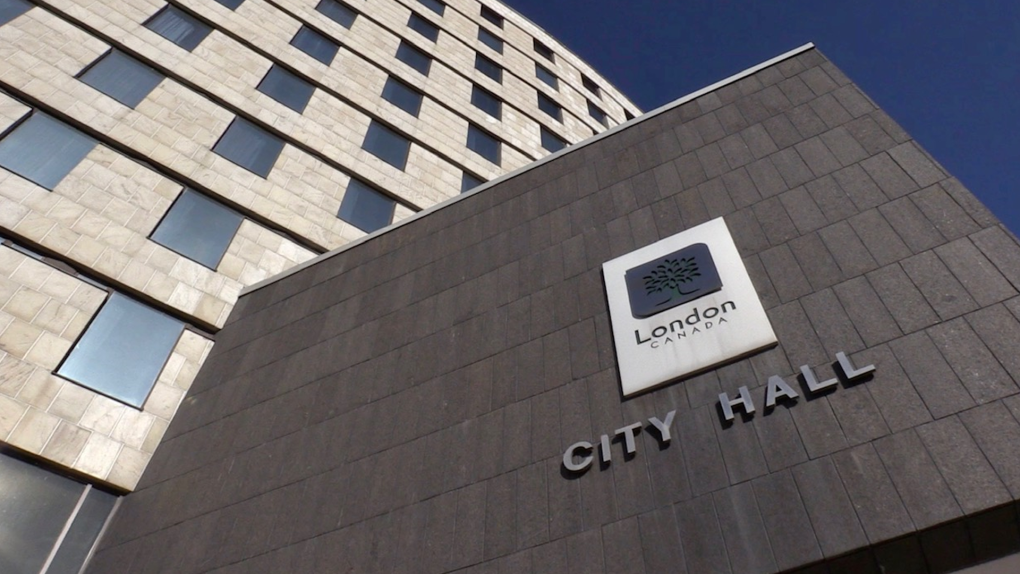By military analyst Sean Bell
It is now 100 days since Hamas attacked Israel in a heinous act that shocked the world with its brutality.
On that fateful day on 7 October, 1,200 Israelis lost their lives, and 240 hostages were seized by Hamas.
The UK and US joined many other nations in condemning the attacks, and re-iterated Israel’s right under international law to defend itself.
Israel mobilised 350,000 personnel in readiness for a ground offensive, and commenced an intensive bombing campaign in Gaza.
Since the Israel offensive started, the IDF claims to have killed 8,000 Hamas fighters – out of a total believed to be around 30,000 – and 4,000 Israeli soldiers have been injured.
However, the Hamas-controlled Gaza health authority claims that over 23,800 Palestinians have lost their lives due to the Israeli military action, with over 60,000 injured – two thirds of those believed to be children.
And, over 30% of Gaza’s infrastructure has now been destroyed.
Despite the huge devastation, it does not appear that Israel is yet close to achieving its military objectives.
Hamas is no match militarily for the IDF; eventually, given enough time and space, the IDF will prevail.
That is why the US vetoed the UNSC resolution calling for an end to the conflict to provide time for Israel to achieve its political objectives.
However, Hamas is backed by Iran who also support Hezbollah and the Houthis with finance, military equipment and training.
Iran has a vested interest in seeing Hamas survive – or indeed prevail – so have a vested interest in escalating the conflict into a regional issue which would inevitably increase pressure on the US to find a way to draw the conflict in Gaza to an end.
The Houthi attacks on Red Sea merchant shipping (and the military escorts) are therefore designed to support Hamas.
Although US diplomatic efforts appear focused on limiting the prospects of regional escalation, to date those efforts have had limited impact.
Following the 7 October Hamas attacks on Israel, the UK vowed its support for Israel, but showed no appetite for getting involved militarily.
Since then, UK military assets have provided intelligence support using long-range drones operating over Gaza, and over the past few weeks the Royal Navy warship HMS Diamond has been actively involved in protecting merchant shipping using a combination of guns and Sea Viper missiles – their first use for decades.
And, on Thursday night the RAF was involved in military action prosecuting Houthi military targets in Yemen.
The UK has got drawn into this conflict despite initial reservations.
And, South Africa has taken Israel to the International Court of Justice with allegations that Israel has contravened the 1948 Genocide Convention.
Although Israel dismisses these allegations, it does reflect growing international concern over the growing number of casualties and escalating humanitarian crisis.
Regardless, 100 days into this conflict, there is little sign that the Israeli military action will secure a lasting peace.
There is no military solution to this crisis, and eight decades of conflict have failed to deliver a viable solution.
Military action is a means to an end – it is designed to create the conditions for a political end-state to be achieved.
The political outcome required drives the military strategy, but it remains unclear what Israel’s political ambition might be.
The international community sees a two-state solution as the only viable and credible option, but Prime Minister Netanyahu has made clear that is not Israel’s ambition, without sharing what Israel does seek to achieve.
Without a clear political objective, military action cannot be focused, and risks being seen simply as retribution – and the statistics suggest that if an act of retribution, Israel’s military response is far from proportionate.
Besides, when the Israelis military offensive ends, what will have been achieved?
Will the war have created the foundations for a lasting peace and what happens next – the day after hostilities end?
What is clear is that the devastation – to both infrastructure and communities – will take generations to address.
https://news.sky.com/story/israel-gaza-war-hamas-sky-news-latest-updates-12978800




